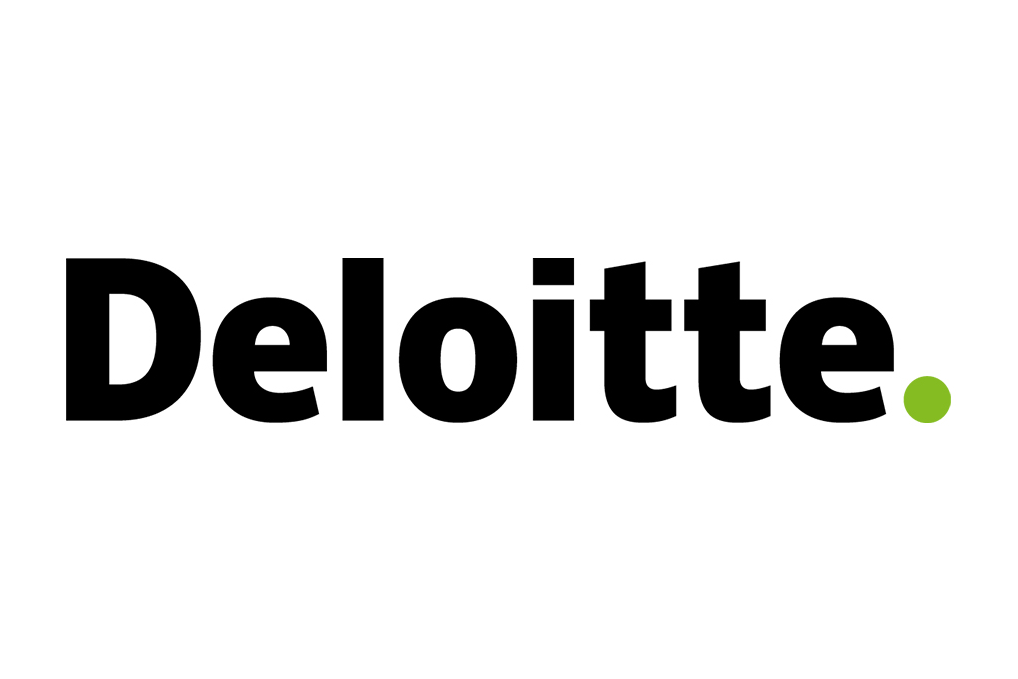Date/Time
Date: 1/28/2019
Time: All Day
Location
Harrisburg University of Science and Technology
Harrisburg University of Science and Technology
Watch the Recording View the Presentation Download the PDF
Many have said that data is the new currency. As fiduciaries of data collected by your organizations, it’s critical to have a solid understanding of privacy principles and a culture which ensures proper data collection and safekeeping. Unfortunately, many organizations have not taken this important step. Therefore, growing concerns about data privacy are driving changes in policy and in some cases changes in laws. In fact, some governments are seriously considering legislation to statutorily require organizations to comply with data privacy principles.
As a consumer, these privacy principles are important to you, as well. You receive regular communications from businesses about their privacy policies. Should you be reading these communications, what privacy principles are most important to consumers, can you opt out of companies sharing your data with others? All important questions for consumers in the digital age.
Join cyber privacy experts at Harrisburg University on January 28th for a Lunch-and-Learn from 12pm – 1pm. This is a great opportunity to educate yourself on privacy principles and what you as an individual and your organization need to do to properly collect and use personal information of others.
Agenda:
- Erik Avakian, Chief Information Security Officer (CISO), Commonwealth Office of Administration
- Welcome
- What is Consumer Privacy and Why is it Important
- How does government manage data privacy?
- Jennie Thompson, Chief Privacy Officer, PHEAA
- Common Consumer Privacy Pitfalls
- Discussion Panel with featured SCE Sponsor speakers
- Kelly Miller Smith, Principal, Cyber Risk Services, Deloitte
- Brandon Keath, Cybersecurity Architect, Appalachia Technologies
- Ron Plesco, Principal, KPMG
Discussing the following consumer privacy principles:
-
-
- Collection Limitation
- Openness
- Data Quality
- Purpose Specification
- Security Safeguards
- Use Limitation
- Individual Participation
- Accountability
-
- Questions and Answers


